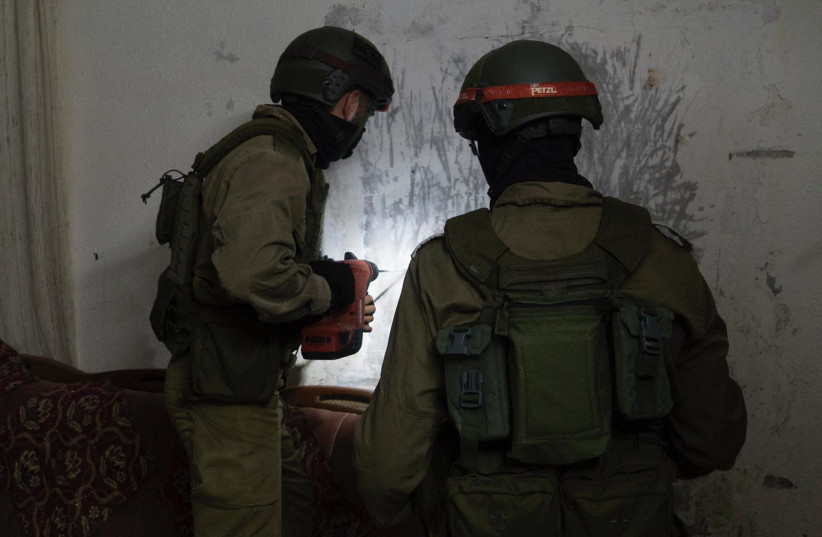The High Court of Justice is expected to reject a request by a Palestinian accused of murdering IDF First Sergeant Amit Ben-Yigal in May 2020 to exhume the soldier’s body in order to try to prove his innocence.
During a hearing on Monday, the three-justice panel of Uzi Vogelman, Yitzhak Amit and George Kara made it clear that it was problematic for the defendant, Nizmi Abu Bakar, to make such a drastic request for intervention mid-trial and before even a verdict has been handed down.
Abu Bakar allegedly killed Ben-Yigal during a Golani Reconnaissance Battalion operation in Ya’bad by dropping a stone from the roof of his house onto him.
Abu Bakar’s lawyer, Khaled Mohagina, told the court that since both the lower IDF court and the top IDF West Bank Appeals Court had ruled against his client, that the High Court was his only option to appeal mid-trial.
According to Mohagina, withholding from the defense the opportunity to examine Ben Yigal’s helmet will irreparably harm his chances of having a fair trial, which justified an unusual mid-trial appeal.

Despite Mohagina’s pleas, the justices emphatically declared their support for the idea that potentially wrong rulings by a lower court regarding evidence could only be challenged if in fact a defendant had already been convicted.
At that point, the High Court could always overturn the conviction if it found the earlier ruling on evidence to be wrong.
However, rushing mid-trial when the defendant might still be acquitted was considered improper.
Abu Bakar was arrested by security forces at home in his village three hours after the attack in June 2020.
His investigation was complicated by an initial difficulty in determining which of three other suspects was with him on the roof when he allegedly threw the stone. The complication caused the army to delay conclusive confirmation that Abu Bakar threw the stone.
Security forces have said that the difficulty did not come from getting the confession from Abu Bakar, who had no prior record of security incidents, but rather from trying to obtain definitive proof that it was his stone that killed Ben-Yigal.
The justices did not commit to ruling by a specific date but indicated that it could be very soon.
Jerusalem Post Staff contributed to this report.
